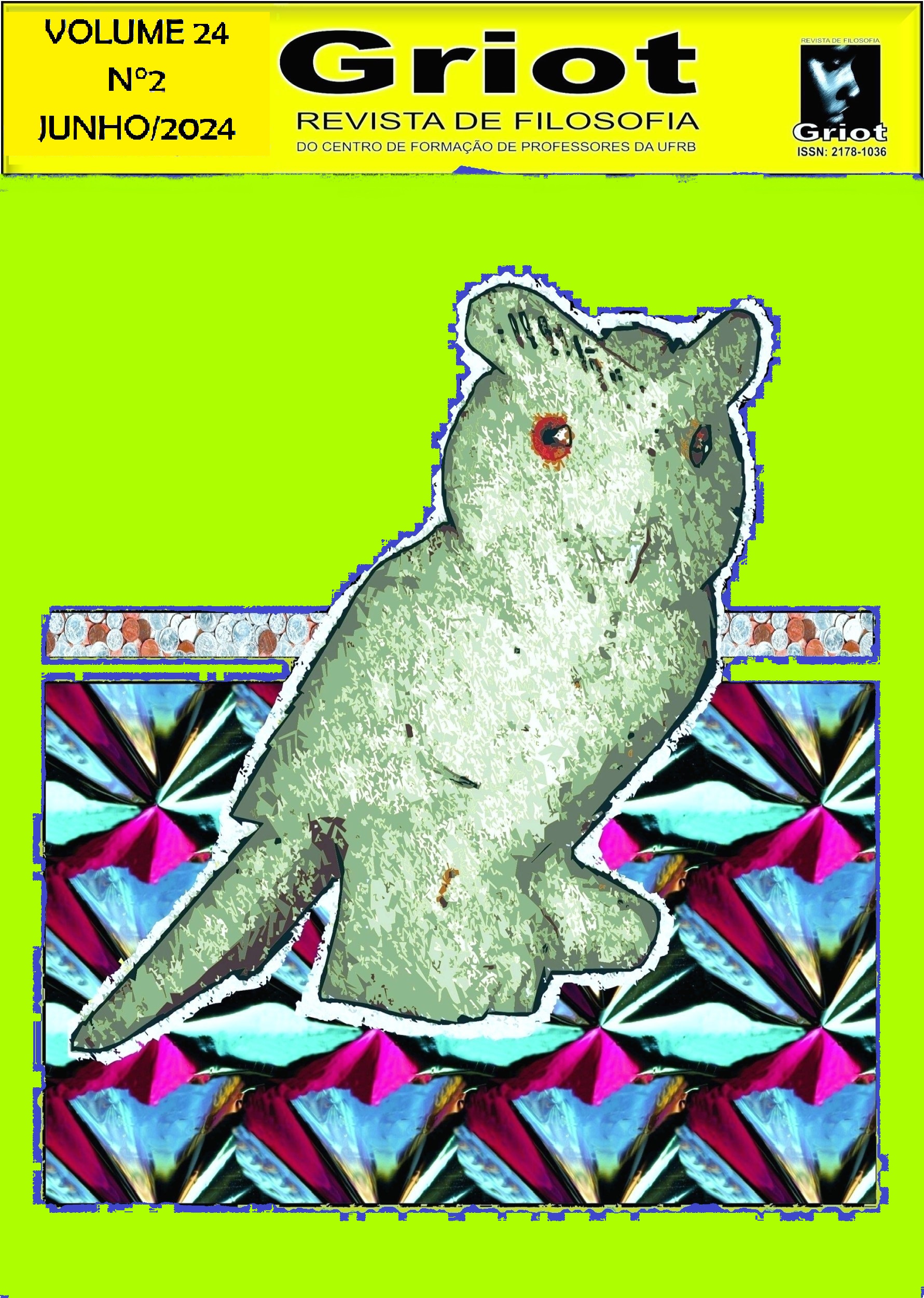On the natural right to private property: Rousseau’s reading of Locke
DOI:
https://doi.org/10.31977/grirfi.v24i2.4749Keywords:
Rousseau, Locke, right of property, state of nature, laborAbstract
The emergence of private property is an inflexion point in the hypothetical history conceived by Rousseau. Social relations, recently constituted, are completely restructured by this event. More specifically, it is only due to the accentuated economic inequality that stems from the partition of land between proprietors and supernumeraries that an exacerbated conflict arises between men, thus demanding the celebration of a contract able to stabilize social interactions via the erection of a sovereign political power. Given the importance of the matter, Rousseau must address the issue of property also from a moral and normative standpoint. According to the Genevan, would it be possible to admit a pre-political regulation of property? Would there be some criteria to legitimate private property prior to civil state and positive right? Could actual possession be claimed as a right already in the state of nature? The present article aims to answer these questions by means of a dialogue between Rousseau and John Locke, the most influent thinker of natural right tradition in regard to this matter.
Downloads
References
BACHOFEN, B. La condition de la liberté. Rousseau, critique des raisons politiques. Paris: Payot et Rivages, 2002.
DE MAN, P. Alegorias da leitura: linguagem figurativa em Rousseau, Nietzsche, Rilke e Proust. Trad. Lenita Esteves. Rio de Janeiro: Imago, 1996.
GOLDSCHMIDT, V. Anthropologie et politique. Les principes du système de Rousseau. Paris: Vrin, 1983.
GROTIUS, H. De jure belli ac pacis libri tres. Oxford: Clarendon Press, 1925.
HOBBES. Th. Leviathan or the matter, forme, & power of a common-wealth ecclesiasticall and civill. Londres: Andrew Crooke, 1651 (Edição eletrônica preparada por Rod Ray para o McMaster University Archive of the History of Economic Thought).
LOCKE, J. Second treatise of government. Indianapolis: Hackett Publishing Company, 1980.
MACPHERSON, C. B. La théorie politique de l’individualisme possessif de Hobbes à Locke. Traduzido do inglês por Michel Fuchs. Paris: Gallimard, 1971.
PRADO JR., B. A Retórica de Rousseau e outros ensaios. São Paulo: CosacNaify, 2008.
PUFENDORF, S. De jure naturae et gentium libri octo. Oxford: Clarendon Press, 1934.
RADICA, G. L’Histoire de la raison. Anthropologie, morale et politique chez Rousseau. Paris: Honoré Champion, 2008.
ROUSSEAU, J.-J. Discours sur l’origine et les fondemens de l’inégalité parmi les hommes. In: Oeuvres Complètes, v. III. Paris: Gallimard (Bibliothèque de la Pléiade), 1964a.
ROUSSEAU, J.-J. Du contract social ou principes du droit politique. In: Oeuvres Complètes, vol. III. Paris: Gallimard (Bibliothèque de la Pléiade), 1964b.
ROUSSEAU, J.-J. Emile ou de l’éducation. In: Oeuvres Complètes, vol. IV. Paris: Gallimard (Bibliothèque de la Pléiade), 1969.
SPITZ, J.-F. Leçons sur l’oeuvre de Jean-Jacques Rousseau. Les fondements du système. Paris: Ellipses, 2015.
STAROBINSKI, J. Notes et variantes. In: ROUSSEAU, J.-J. Oeuvres Complètes, v. III. Paris: Gallimard (Bibliothèque de la Pléiade), 1964.
STRAUSS, L. Direito natural e história. Trad. Bruno Costa Simões. São Paulo: Martins Fontes, 2014.
Downloads
Published
How to Cite
Issue
Section
License
Copyright (c) 2024 Lucas Mello Carvalho Ribeiro

This work is licensed under a Creative Commons Attribution 4.0 International License.
The authors who publish in Griot: Revista de Filosofia maintain the copyright and grant the magazine the right of first publication, with the work simultaneously licensed under the Creative Commons Attribution 4.0 International License, allowing sharing and adaptation, even for commercial purposes, with due recognition of authorship and initial publication in this journal. Read more...









































































